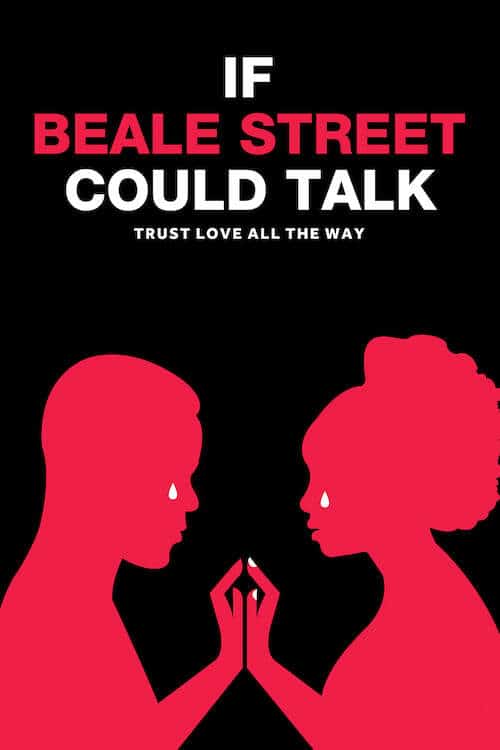
Nicholas Britell’s score for If Beale Street Could Talk conjures up a parallel world, where memories, hopes, and fears meld together, floating like some great overwhelming cloud.
Much of the film lives in the memories of its main character, Tish. Her initial memories conjure perfect moments, the kind with details slightly (and subconsciously) changed to ensure this perfection. Britell fills these moments in warm, sweeping waves of strings that wash over the characters. These melodies have a caressing rise and fall, gently rocking into a deep serenity and happiness that is simply too good to last – such feelings never do. Britell transports the viewer into this perfection, into the genuine bliss felt by Tish in her memories, and we feel it too, never wanting it to end. But it must.
Eventually, Britell shatters this living dream. He does not do it at once, with a striking crash, but instead slowly builds a dark, primordial rumbling that grows like some cancerous tumor until at once it has overwhelmed. After this moment, Britell continues to play the same familiar themes and melodies, but they are different, darker, more mournful and more realistic. He has taken off the rose-colored glasses and with it, Tish’s innocence. But reality, no matter how difficult and disappointing, remains hopeful. Although the mood has changed, the core melodies that existed in that age of innocence persist.
It is a shame that Britell’s score did not win an Academy Award, as it was not only the best score nominated but simply one of the best in years. It’s a rare treat for film music to have such a striking emotional impact, even when separated from the underlying film.
